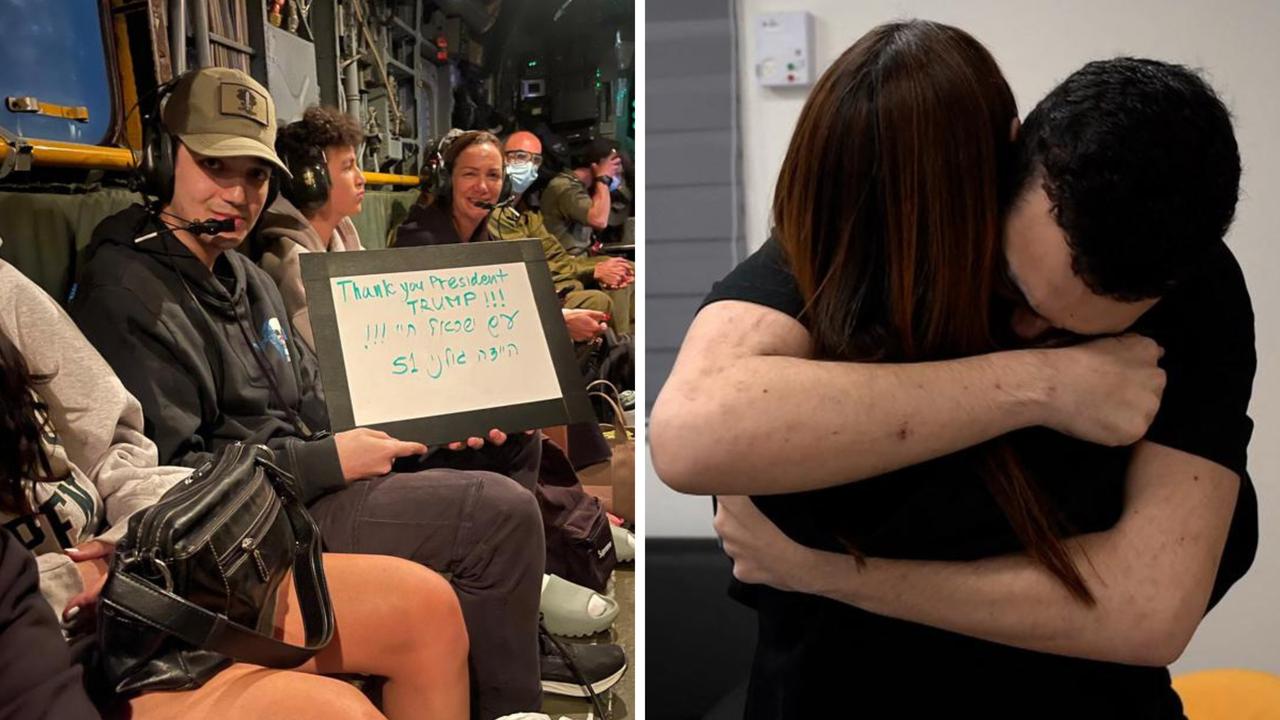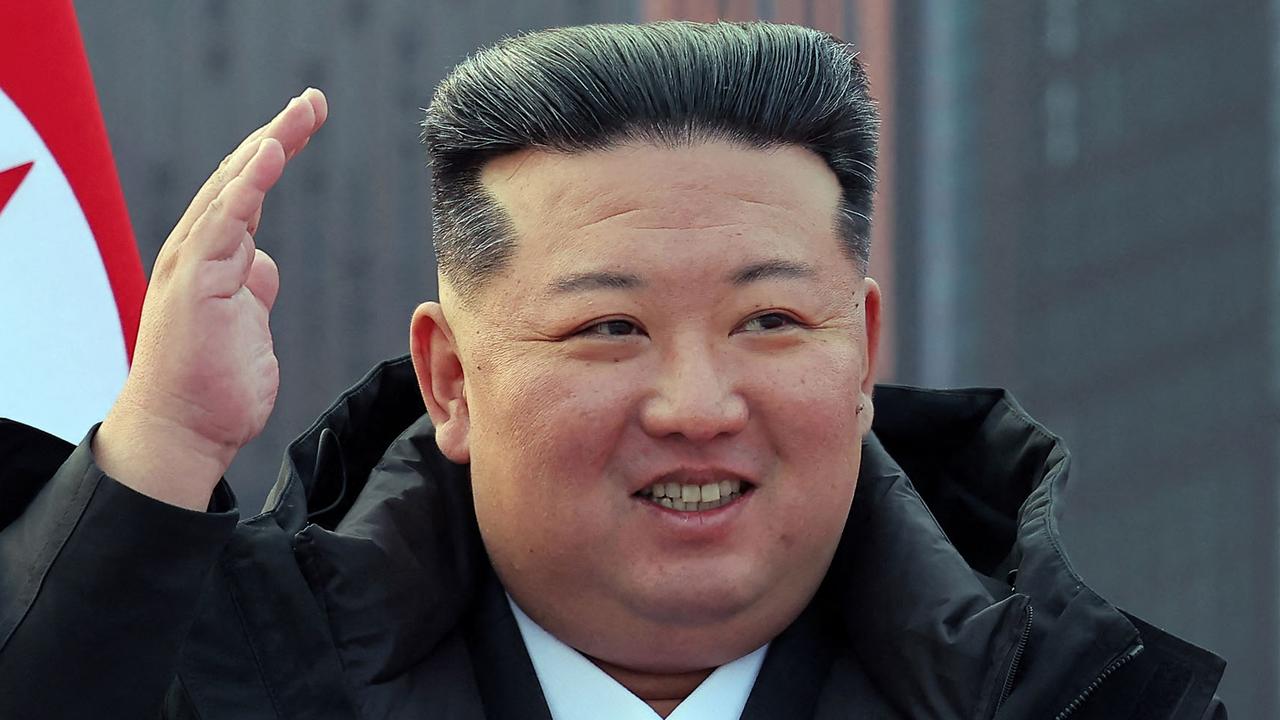Australia tops list of ‘unfriendly’ countries to Russia
Australia has been black-listed by the Kremlin for sanctions against Russia. It comes as a Ukrainian woman described giving birth during shelling in Kyiv.
World
Don't miss out on the headlines from World. Followed categories will be added to My News.
Australia is officially in Russia’s bad books.
Our nation has appeared on a list of “unfriendly” countries issued by the Kremlin overnight.
New Zealand, Japan, the UK and other European countries are also named, with Russia vowing to slap fresh and immediate trading restrictions.
According to this decree, foreign deals with Russian citizens and companies, the state itself, its regions and municipalities will now require special approval by the Russian state commission.
The new temporary measure applies to payment for any goods and services above 10 million rubles, the equivalent of $A86,000,
The Kremlin has approved a list of countries who have been “unfriendly†to Russia. They include:
— Bianna Golodryga (@biannagolodryga) March 7, 2022
Australia, UK, EU countries, Iceland, Canada, Liechtenstein, Monaco, New Zealand, Norway, Korea, San Marino, Singapore, USA, Taiwan, Ukraine, Montenegro, Switzerland, Japan https://t.co/YQi2SPyYJb
It comes as a new mum has given a harrowing account of giving birth in the middle of intense Russian shelling of Kyiv and waking in a bunker to be handed her son for the first time.
Mariia Shostak, 25, had made it to hospital on time but no sooner was she admitted that she was rushed below ground as Russian forces began shelling the Ukraine capital.
“Don’t be afraid, women gave birth even in besieged Leningrad,” a doctor assured as she was helped into a wheelchair to move to an underground bunker that doubled as a storeroom for the facility in the Solomianskyi district.
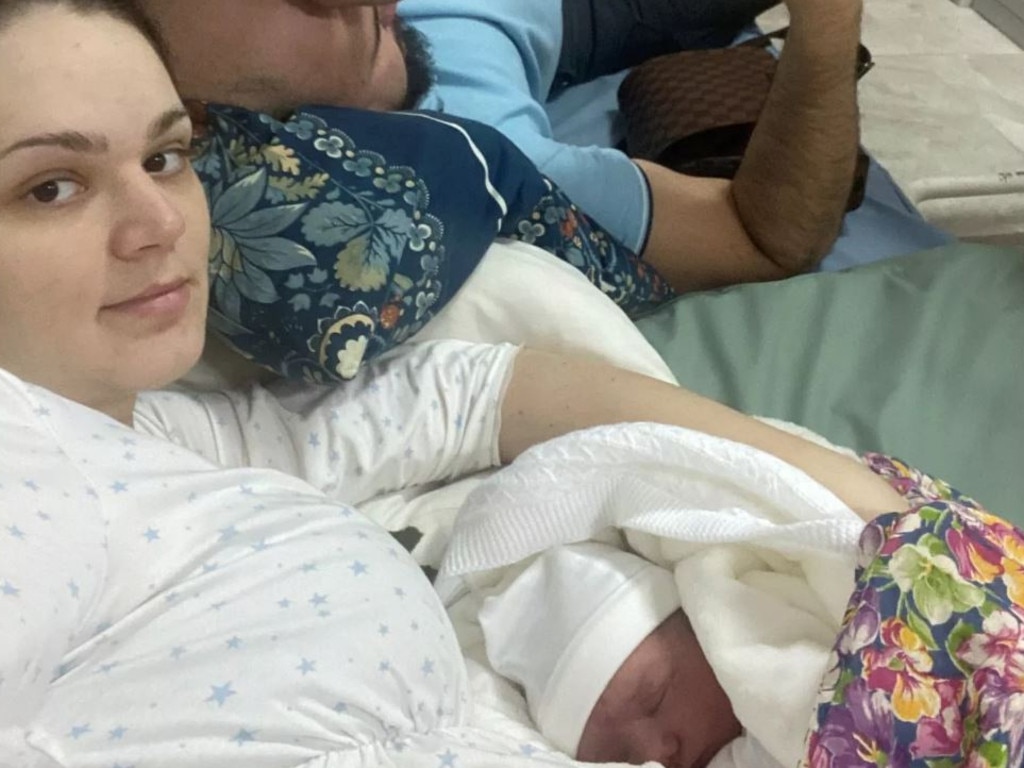
It was there her contractions became intense. She was surrounded by hospital staff but also neighbourhood residents who for safety rushed to the bunker, made up of just a corridor and two small rooms.
She told the Kyiv Independent news site it was cold and crowded and she was constantly looking at her phone for news feeds to find out what was going on above ground and she could not sleep.
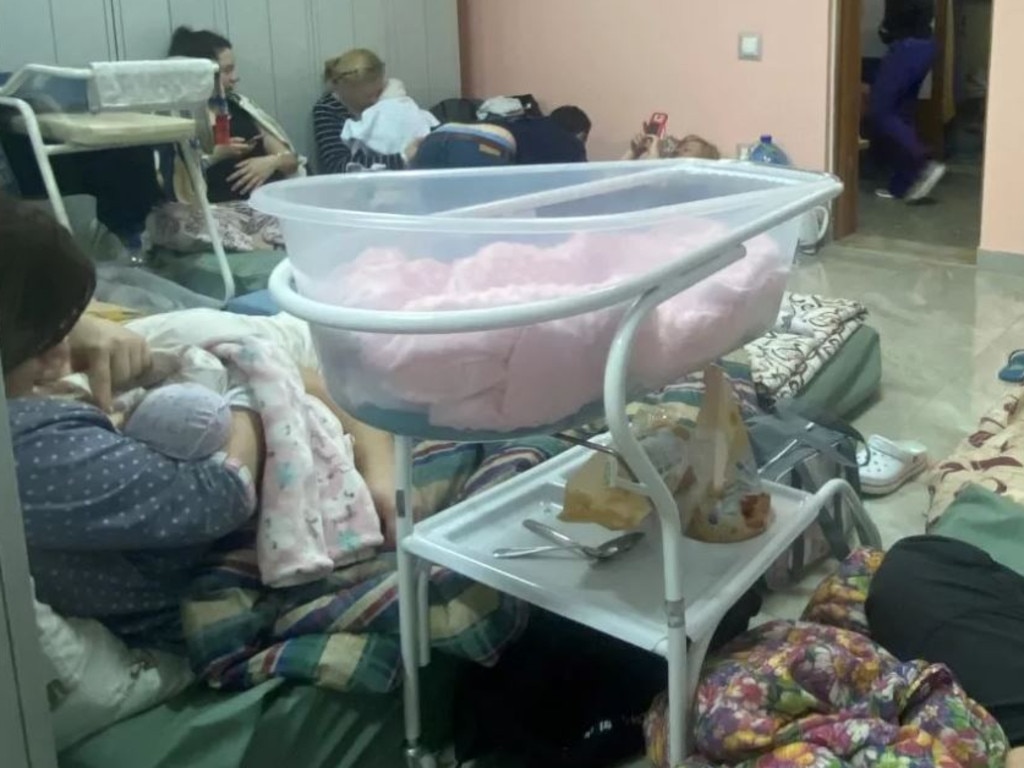
She rang her husband and told him to come to the hospital but stop off at a chemist to buy goods for pregnancy and food neither of which the hospital could provide, but he was caught up in the melee as bombs fell on adjacent apartment blocks.
“I was so pissed off he didn’t go to the pharmacy in advance and he wasn’t there when I went into labour,” Mariia said.
“I will not delve into all medical details, but during the delivery, it was probably the only time in this horrible week I forgot about the war raging on.”
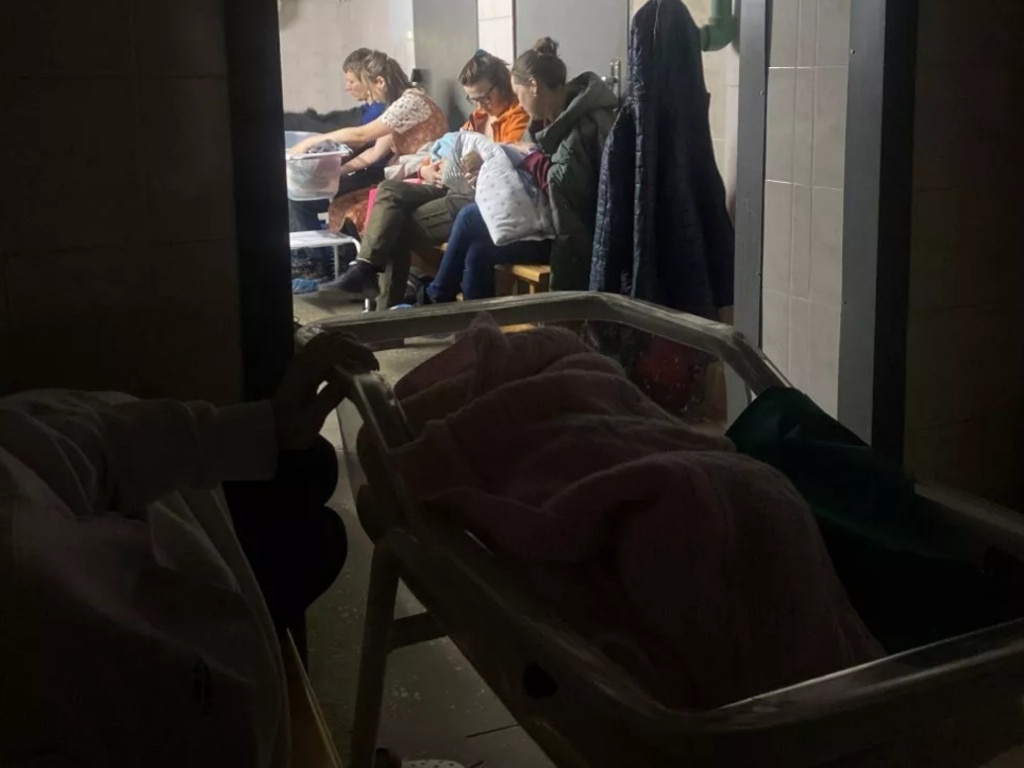
She was moved back to the wards for a period in between bomb runs and started with a natural birth but after a few hours staff decided it had to involved surgery under anaesthesia.
“Through the sleep, I heard my son’s weight – 4.09 kilograms,” but then she was again wheeled below ground and her husband would meet her in the bunker holding their new born son.
They spent three days below ground but she was in pain and could barely speak. The days and nights began to merge. She tried to avoid thinking about her surrounds and stopped reading her iPhone but above ground they could all hear the thuds of artillery falling.
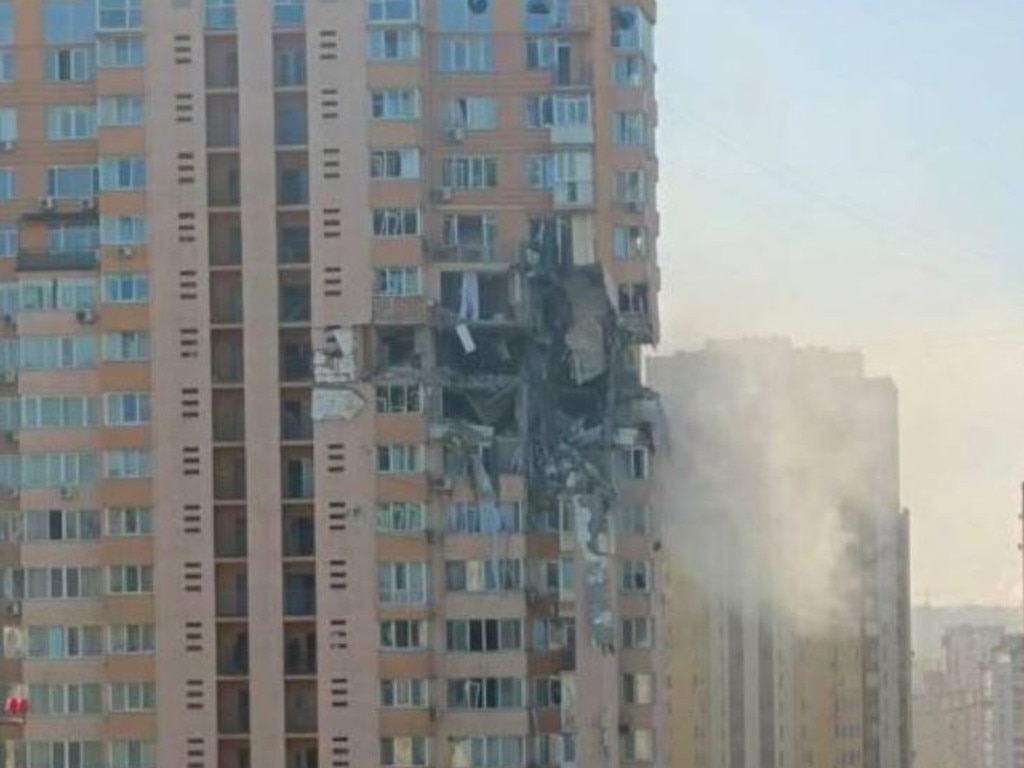
“My husband and I sat in the shelter’s hallway, rocking the baby in turns. It was the hardest time for me because before and after delivery, my legs were terribly swollen. I just wanted to get into bed,” she said.
The stress also meant many mothers did not get colostrum and the hospital had only one milk mixture bottle to share between three babies.
“Of course, I imagined all of this very differently. I wanted to be surrounded by family, friends, flowers, to take some photos,” Mariia said as she was discharged.
“But in reality, my husband drove the car as close as possible to the hospital’s exit, and we jumped into it, accompanied by a Territorial Defence Forces soldier, and left.”
Originally published as Australia tops list of ‘unfriendly’ countries to Russia





